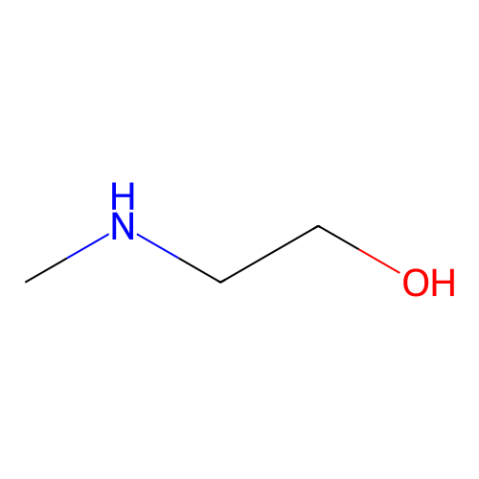Increased levels of methylated intermediates of phosphatidylcholine lead to enhanced phospholipase D activity.
T Q Jacobs, B Passarello, J Horwitz
文献索引:Neurochem. Res. 23(8) , 1099-105, (1998)
全文:HTML全文
摘要
Previous work from this laboratory and others has shown that neurotransmitters can activate phospholipase D. Unlike the phospholipase C that specifically hydrolyzes inositol-containing phospholipids, phospholipase D in neuronal tissue specifically hydrolyzes phosphatidylcholine. One route for the synthesis of phosphatidylcholine, is via methylation of phosphatidylethanolamine. Using an in vitro assay, we have previously shown that methylated intermediates are also good substrates for phospholipase D (1). In this manuscript we demonstrate that these intermediates are also substrates in the intact PC12 cells. Cells incubated with methyl and dimethylethanolamine incorporate more [3H]palmitic acid into the corresponding phospholipid, phosphatidyl-N-methylethanolamine and phosphatidyl-N,N-dimethylethanolamine. In these cells bradykinin causes a greater increase in [3H]phosphatidylethanol production. Elevated levels of [3H]phosphatidylcholine do not enhance bradykinin-stimulated [3H]phosphatidylethanol production, therefore, this effect is specific for the methylated intermediates. Finally, this effect is not due to some generalized enhancement of receptor coupling because incubation of the cells with methylethanolamine does not lead to an increase in bradykinin stimulated inositol phosphate production.
相关化合物
| 结构式 | 名称/CAS号 | 分子式 | 全部文献 |
|---|---|---|---|
 |
2-甲胺乙醇
CAS:109-83-1 |
C3H9NO |
|
Enzymatic properties and substrate specificity of a bacteria...
2014-08-01 [FEBS J. 281(15) , 3523-41, (2014)] |
|
Acute toxicity and primary irritancy of alkylalkanolamines.
1996-12-01 [Vet. Hum. Toxicol. 38(6) , 422-6, (1996)] |
|
Recovery of choline oxidase activity by in vitro recombinati...
2008-11-01 [Appl. Microbiol. Biotechnol. 81(2) , 275-82, (2008)] |
|
3-D-QSAR and docking studies on the neuronal choline transpo...
2010-08-15 [Bioorg. Med. Chem. Lett. 20 , 4870-7, (2010)] |
|
Collision-induced dissociation of aminophospholipids (PE, MM...
2015-07-01 [Anal. Bioanal. Chem 407 , 5079-89, (2015)] |